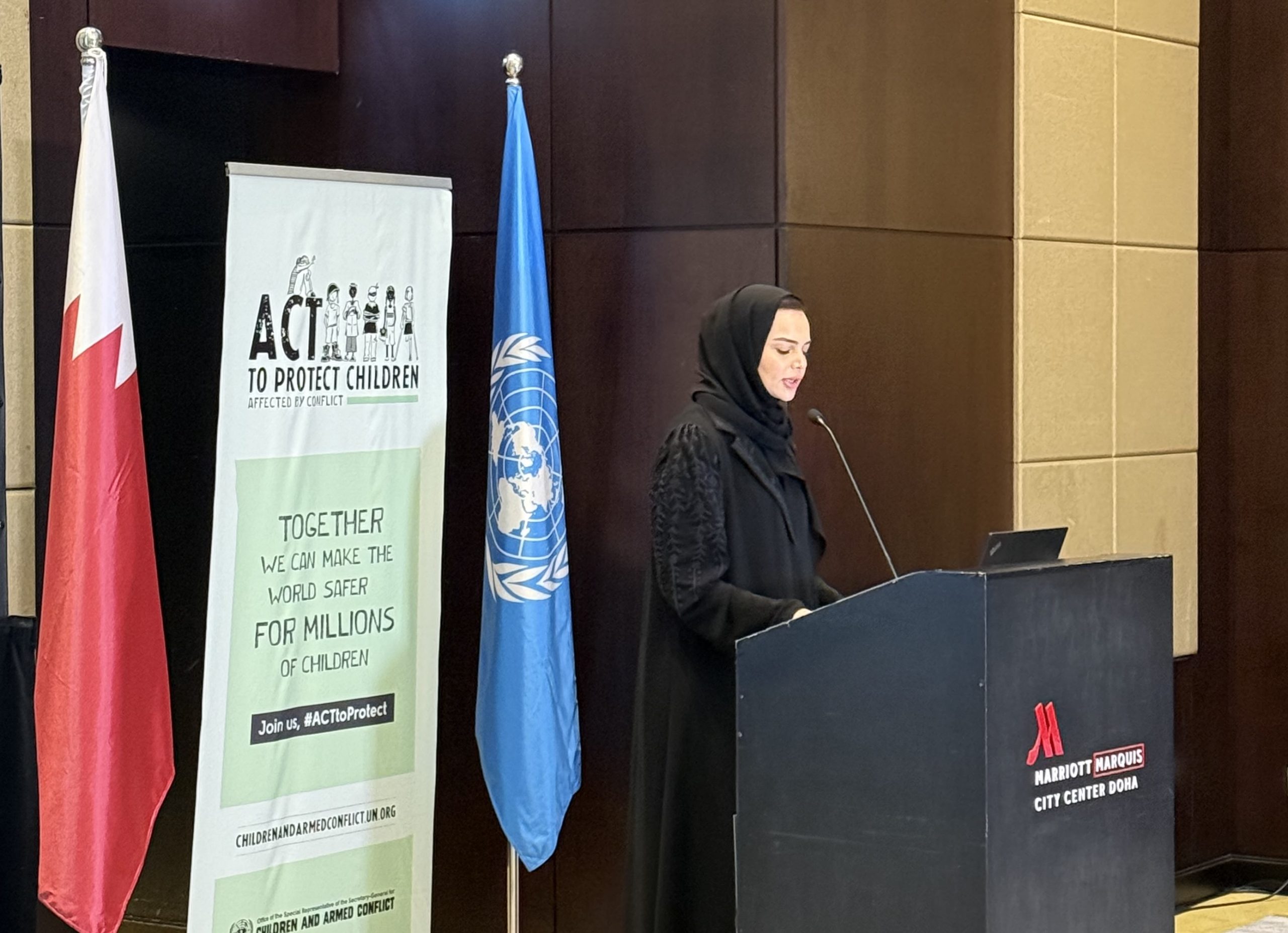
More than 96 percent of households in Qatar are now connected to the internet, a six-point jump since last year, according to a new report from the UN Broadband Commission.
That means Qatar retains its rank as second place among 132 developing countries in terms of online connectivity, but is rapidly closing the gap with number one Korea, where 98.1 percent of households are online.
The 2014 edition of the annual State of Broadband report shows Qatar is far ahead of other Gulf states in terms of its household connectivity in the developing world, with Bahrain coming in fifth place (82 percent), followed by Oman (80.1 percent), according to 2013 figures.
Just over three-quarters of Emirati households are connected, while figures for households in Saudi Arabia stand at 72.7 percent.
Individual usage down
However, Qatar has dropped in the rankings when it comes to percentage of individuals using the internet.
While last year it led the developing world, with 88.1 percent of residents regularly using the internet, this figure has fallen slightly to 85.3 percent.
That puts it in third place, behind developing world leader Bahrain (90 percent) and just behind UAE (88 percent).
It also means Qatar falls from 10th place in a table of worldwide individual usage to 17th place.
This suggests that while Qatar’s residents are more connected at home, slightly fewer are using the internet through smartphones, iPads, laptops and at work.

The country’s drop in the rankings in terms of individual usage could be explained by the increasing number of blue-collar workers entering Qatar, which has been expanding its workforce to fuel numerous infrastructure projects.
According to a recent report published by Qatar’s Ministry of Information and Technology (ictQatar), more Qatar residents have mobile devices than ever before.
But while 92 percent of all mainstream households own a smartphone and 96 percent have a laptop, less than a quarter of “transient laborers” (23.6 percent) said they had a smartphone.
This compares to 100 percent of Westerners, the ICT Landscape 2014: Households and Individuals report found.
Qatar is home to at least half a million low-income workers, comprising a significant percentage of its 2.2 million population.
Digital inclusion
In a bid to tackle the disparity in internet usage between blue and white-collar residents, ictQatar has launched a digital inclusion strategy that aims to ensure construction workers and other low-income expats here have access to computers and multi-lingual ICT training.

Its Better Connections Program, announced at QITCOM earlier this year, includes installing broadband internet in workers’ accommodation as a new priority.
The report, which looks at broadband access and affordability, stated that more people in Qatar now have fixed broadband (home) subscriptions – which are up from 8.2 per 100 inhabitants last year to 9.9 per 100.
The figures reflect Qatar’s ambition to increase connectivity among its residents and households.
Meanwhile, Qatar’s National Broadband Plan, which was launched last year, aims to provide high quality, affordable, and high-speed broadband to all residents.
By 2016, it plans to give all Qatar residents the choice of a minimum of two broadband retail providers. Over the next two years, other goals to achieve include:
- Giving some 95 percent of households the ability to access affordable and high-quality broadband service of at least 100 Mbps for downloads and 50 Mbps for uploads;
- Ensuring all businesses, schools, hospitals and government institutions have high-quality access to at least 1 Gbps effective symmetrical speeds; and
- Ensuring digital literacy will be expanded to all of the mainstream population, in conjunction with guarantees of users’ digital privacy, protection of personal data and freedom of opinion and expression.
In line with this developed penetration, cyber security is high up the authority’s agenda.
Earlier this year, the Minister of Communication and Information Technology Dr. Hessa Al Jaber announced details of Qatar’s National Cyber Security Strategy, in a bid to cyber- space to protect it against an increasing number of complex attacks.
However, ictQatar said it was not involved in the passage of the recently enacted cybercrime law, referring Doha News to the Ministry of Interior for comments on that legislation.
Thoughts?







